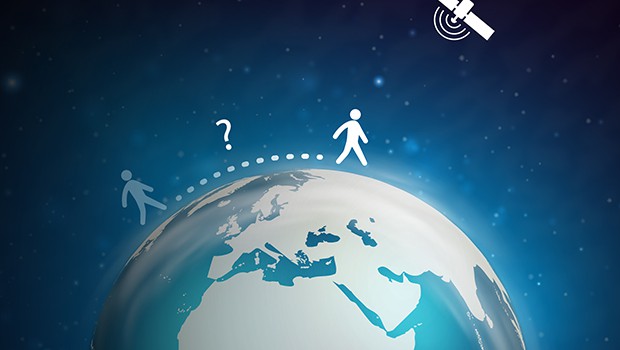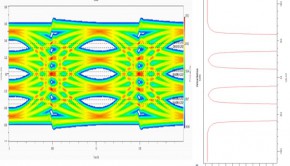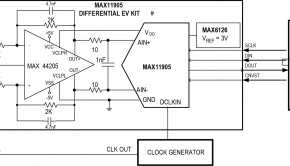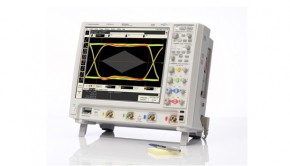Why Every GPS Overestimates Distance Traveled
Runners, mariners, airmen, and wilderness trekkers beware: Your global positioning system (GPS) is flattering you, telling you that you have run, sailed, flown, or walked significantly farther than you actually have. And it’s not the GPS’s fault, or yours.
Blame the statistics of measurement. Researchers at the University of Salzburg (UoS), Salzburg Forschungsgesellchaft (SFG), and the Delft University of Technology have done the math to prove that the distance measured by GPS over a straight line will, on average, exceed the actual distance traveled. They also derive a formula for predicting how big the error will be. The open-access paper was published in the International Journal of Geographical Information Science; an earlier version is available on Arxiv.
GPS course calculations are subject to both interpolation error (a function of the sampling interval) and measurement error (the everyday orneriness of real-world physical systems). The Salzburg team—including first author Peter Ranacher of UoS and senior author Siegfried Reich of SFG—discovered a systematic bias in distance measurement errors.
Measurement errors have many causes. The paper specifically cites: propagation delay (atmospheric fluctuations affect the speed of the GPS signal); ephemeris error (uncertainty in the precise position of the GPS satellite); satellite clock drift; hardware error (the shortcomings of the terrestrial GPS unit); signal reflections (which can increase the length of the signal path); and unfavorable satellite geometry (available GPS satellites are too low in the sky or too close together or too few, for example).
Full article by Douglas McCormick, IEEE Spectrum
































































































































































